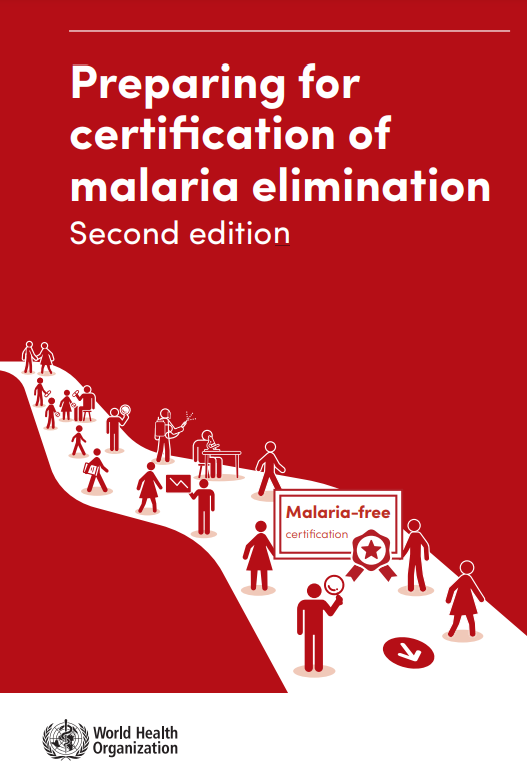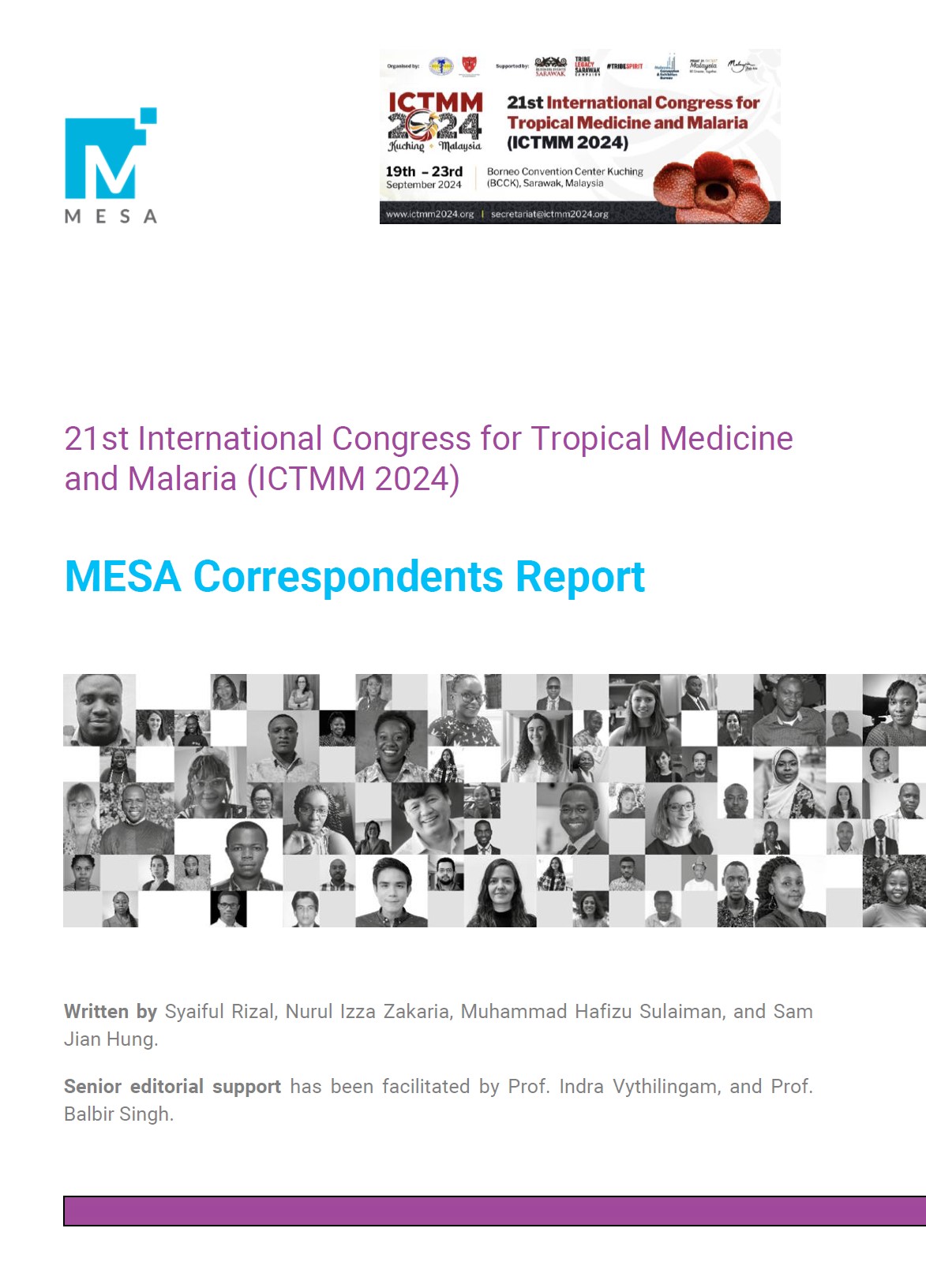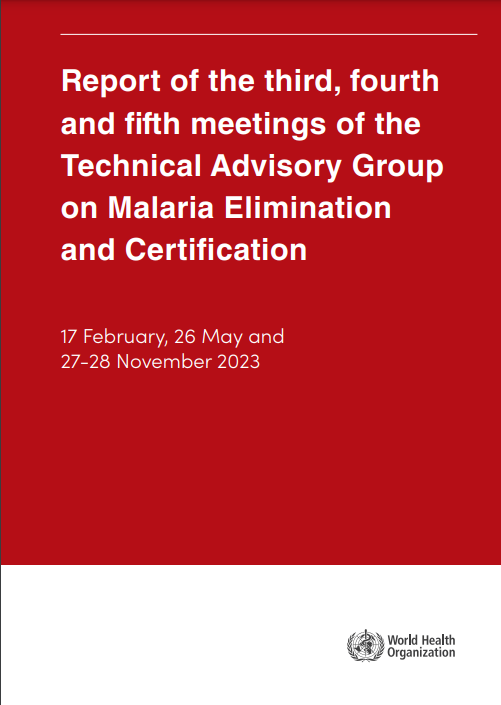Last Updated: 27/05/2025
The changing landscape of human and zoonotic malaria in Southeast Asia
Objectives
The program’s primary aim is to comprehend the intricate interplay between malaria epidemiology and vector biology in Southeast Asia (SEA), with a particular emphasis on the dynamics of human and zoonotic malaria transmission, to inform strategies for malaria elimination.
Overall the epidemiology of malaria in Southeast Asia (SEA) is multifaceted and rapidly evolving, marked by immense spatial heterogeneity in disease distribution across different regions and countries. As SEA countries strive to eliminate malaria, they encounter unique challenges, including the transition from P. falciparum to P. vivax and persistent malaria-endemic areas that are remote and exhibit rich ecological diversity. Additionally, the emergence and rapid spread of human P. knowlesi infections in Malaysia and Thailand are serious concerns that necessitate integration into the elimination program. This new iteration of the International Centers of Excellence for Malaria Research (ICEMR) program builds on the groundbreaking scientific discoveries of its predecessors (ICEMR 1&2), which has fostered international collaborations among researchers from academic institutions in Thailand, Malaysia, Japan, and the United States. To achieve the objective, research sites across Thailand and Malaysia have been meticulously selected to encompass diverse landscapes and malaria transmission patterns. The research program consists of two interdependent projects, with Project 1 probing the epidemiology of malaria in Thailand and Malaysia, and Project 2 scrutinizing the impact of vector biology on the transmission dynamics of both human and zoonotic malaria in these countries. By analyzing malaria parasite distribution and transmission dynamics in human populations, Project 1 seeks to glean insights into disease heterogeneity, clinical outcomes, and to identify new antigens for improved diagnostic tests. Project 2 seeks to improve our understanding of the vectorial system and its role in malaria transmission in SEA, by examining vector community structure, population genetics, vector-parasite interactions, and vector control tools related to human and zoonotic malaria. Both projects will be executed concurrently at selected study sites across two countries in SEA (Thailand and Malaysia), focusing on border regions where active malaria transmission is ongoing. The program’s multidisciplinary approach, which blends epidemiology, vector biology, and advanced diagnostic tools, aims to devise integrated control strategies tailored to SEA’s distinctive challenges. The outcomes of this program will inform policy decisions related to malaria control and elimination, ultimately contributing to efforts to reduce the burden of this disease in the region.
Jun 2024 — Mar 2029
$800,470


